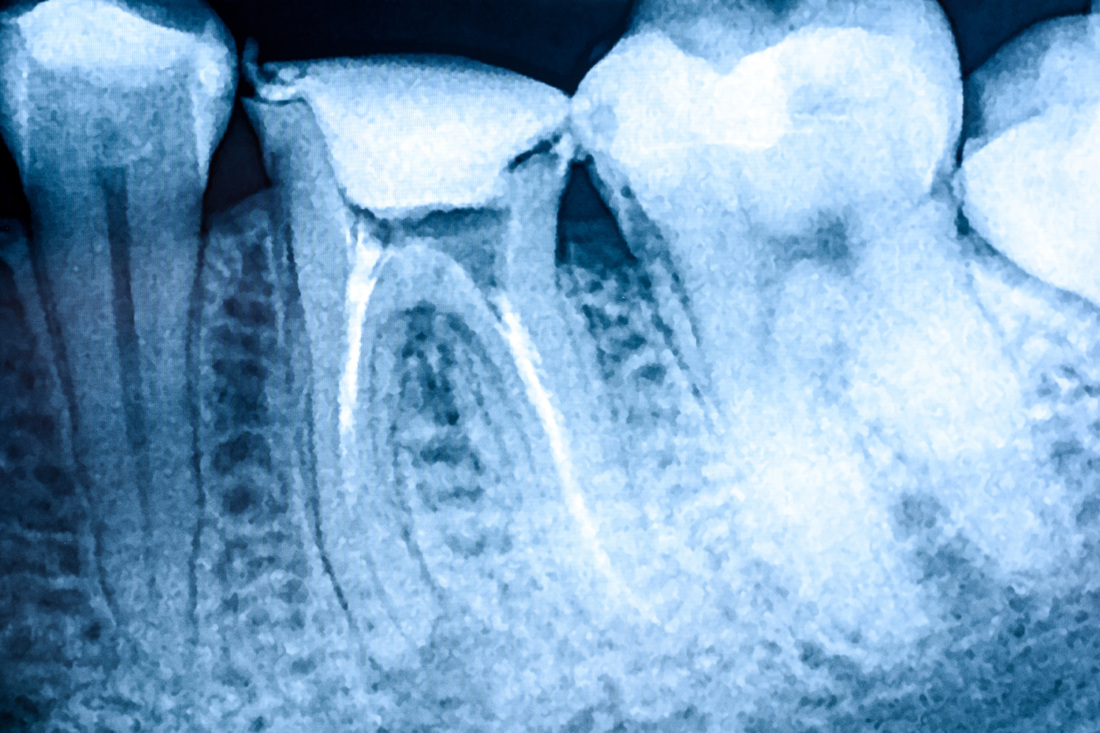Root Canals At Creedmoor Family Dentistry, we work with you to proactively keep your teeth healthy. Still, tooth decay and damage can happen at any age. When a tooth gets cracked or broken due to injury or a cavity, decay can set in, which damages the pulp. When the pulp becomes inflamed or infected, you need to get it treated before it becomes painful or, worse, an abscess.
Even with an abscess, you may not need to have the tooth extracted. The thought of having a root canal may make you anxious or afraid, but we want to assure you that a root canal is actually a painless treatment to keep a tooth whose nerve has been infected. By removing the nerve and sealing the tooth with a crown, the root canal process will help protect your surrounding teeth and maintain your oral health.
At Creedmoor Family Dentistry, Dr. Willis will start by numbing the area around the tooth with a local anesthetic. He will x-ray your tooth, which will be used as a reference, and place a dental dam – a plastic shield used to isolate the tooth from your saliva – over your mouth.
Next, the tooth will be disinfected, and Dr. Willis will remove the pulp and the nerve from inside it. Then the tooth is dried and cleaned, and Dr. Willis will place gutta percha inside the tooth. You may receive a temporary filling or, if Dr. Willis is able to finish disinfecting the canals, a permanent filling will be placed. When you return for your second appointment, Dr. Willis will once again numb the area around your tooth and place your permanent crown. The crown will help protect against future decay and damage to your treated tooth. You may be sore after the anesthetic wears off. Dr. Willis can recommend an over-the-counter pain reliever for you to take at home. Antibiotics may be prescribed to clear up any remaining infection, if necessary. Root canals have a high rate of success, but complications are possible. If you are still in pain, feel feverish, or have facial swelling, contact Dr. Willis immediately. |





